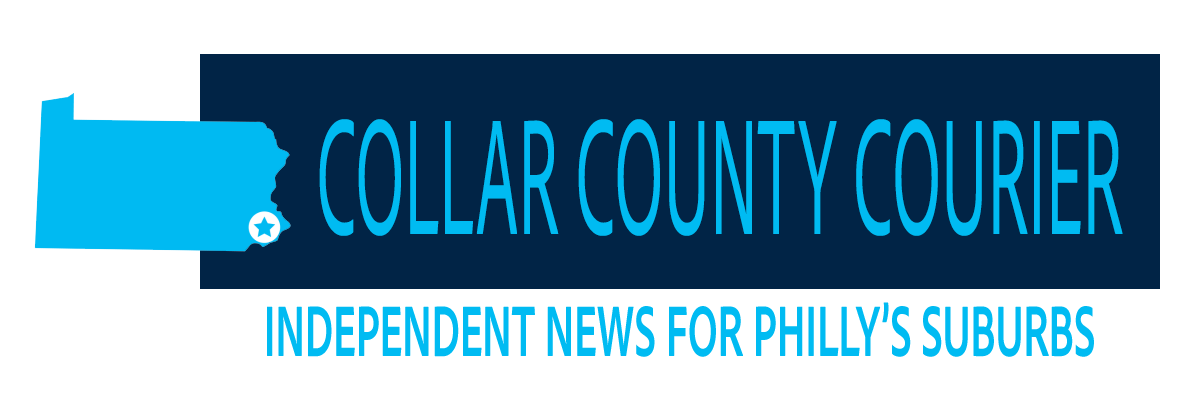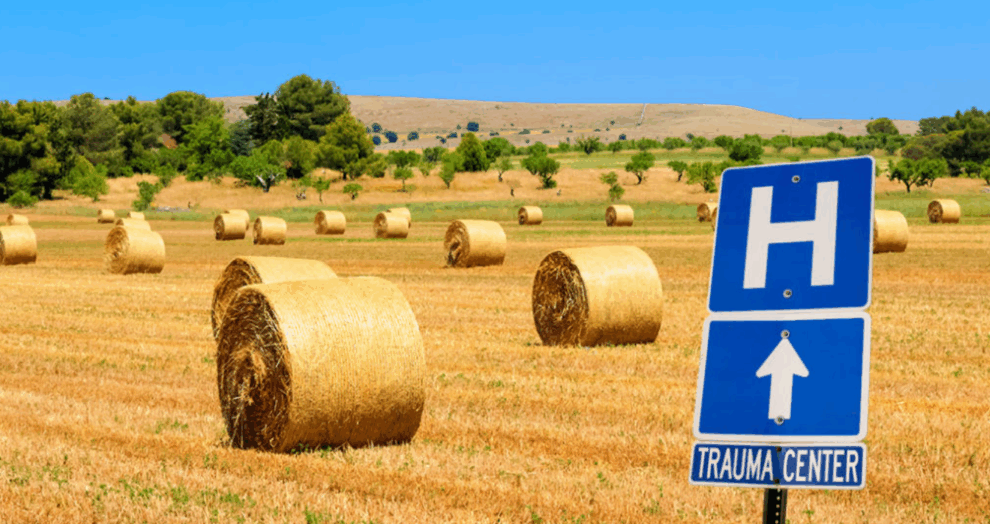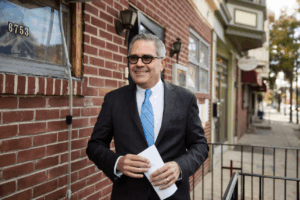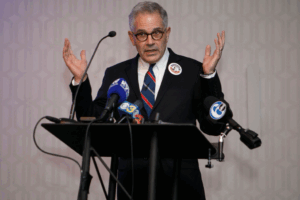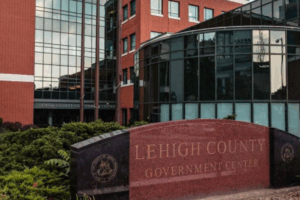While opponents say the law cuts access off to vulnerable populations, Republicans point to historically bipartisan support for work requirements for able-bodied adults and the billions in relief for rural hospitals.
The One Big Beautiful Bill (OBBB), signed into law by President Donald Trump, is being hailed by supporters as one of the most important healthcare reforms in decades—particularly for rural America. Despite criticism from opponents, proponents say the legislation strengthens Medicaid and safeguards Medicare, allocating $50 billion to stabilize rural hospitals, many of which are struggling due to low Medicaid reimbursement rates.
In many communities, especially those designated as “maternity care deserts,” hospitals are fighting to keep their doors open according to Pennsylvania state Sen. Cris Dush. OBBB directly addresses these challenges by establishing a Rural Hospital Stabilization Fund. Centers for Medicare & Medicaid Services Administrator Dr. Mehmet Oz announced that applications for the fund will be available in early September. The money will be used for workforce development, telehealth expansion, and efficiency improvements, ensuring rural patients can access quality care close to home.
🚨 $881B Cut From Medicaid 🚨
Reality: Even Democrats can agree with the cuts. BE INFORMED NOT ALARMED. pic.twitter.com/055cVEF5Nq
— The Older Millennial (@teameffujoe) February 15, 2025
OBBB also reforms Medicaid to ensure resources go to those who truly need them: pregnant women, children, seniors, people with disabilities, and low-income families. The law removes ineligible individuals—including illegal immigrants—and adds work requirements for able-bodied adults. These requirements can be satisfied through employment, education, caregiving, or community service. According to Dr. Oz, most Medicaid adults already qualify for exemptions. By encouraging able-bodied adults to join the workforce and secure private insurance, rural hospitals benefit from higher reimbursement rates, strengthening their financial health.
WATCH: Dr. Oz CORRECTS CBS’ Margaret Brennan live on air over false Medicaid claims — “Just get the numbers correct.”
She tried to corner him on supposed cuts to Medicaid, and whether or not “most favored nations” policies to drug companies will be used to help pay for the cuts.… pic.twitter.com/dRENczFStP
— The Vigilant Fox 🦊 (@VigilantFox) August 4, 2025
While Sen. Dave McCormick voted for the bill and touted many of the non-healthcare related provisions, McCormick’s Democrat counterpart, Sen. John Fetterman sharply criticized the bill, saying it was a “disaster” that “throws millions off health care” and that the reforms that kick illegal immigrants and able-bodied working-age adults who do not work off Medicaid rolls “would hit the most vulnerable, including children and rural hospital patients.”
Beyond work requirements for those who have the ability to work, the bill repealed Biden-era rules for Medicare that “exacerbated improper enrollment with weakened verification standards and lack of coordination for dual enrollment in Medicare and Medicaid.” The OBBB also prohibited the implementation of another Biden administration directive that would have thrown up hurdles for states attempting to “remove ineligible enrollees from Medicaid.”
Sen. John Barrasso (R-WY) wrote that his colleagues’ opposition to work requirements for the able-bodied fail the historically bipartisan support for work requirements, legislation for which President Bill Clinton signed into law in the 1990s and President Barack Obama supported when he ran for president in 2008.
The bill’s targeting of waste, fraud, and abuse will slow Medicaid’s growth from 4.2% to about 2.5% annually in Pennsylvania, which correlates into a projected savings of $1 trillion nationwide over the next decade without cutting Medicare or harming vulnerable populations. Republicans argue that these reforms restore fairness and sustainability to the system, preventing program collapse and protecting care for future generations.
Beyond healthcare, OBBB is part of a broader reconciliation package delivering tax relief, enhancing border security, and funding essential programs for the truly vulnerable. It also reflects a broader federal effort to hold healthcare providers accountable, including proposed rules to withhold Medicare and Medicaid funding from hospitals that perform sex trait modifications on minors.
At its core, OBBB is about protecting access to care, promoting independence, and ensuring taxpayer dollars are used wisely according to its supporters. They say that by targeting funds where they are most needed and reforming Medicaid to prioritize the vulnerable, the One Big Beautiful Bill represents a major step toward a stronger, fairer, and more sustainable healthcare system—especially for rural America.
